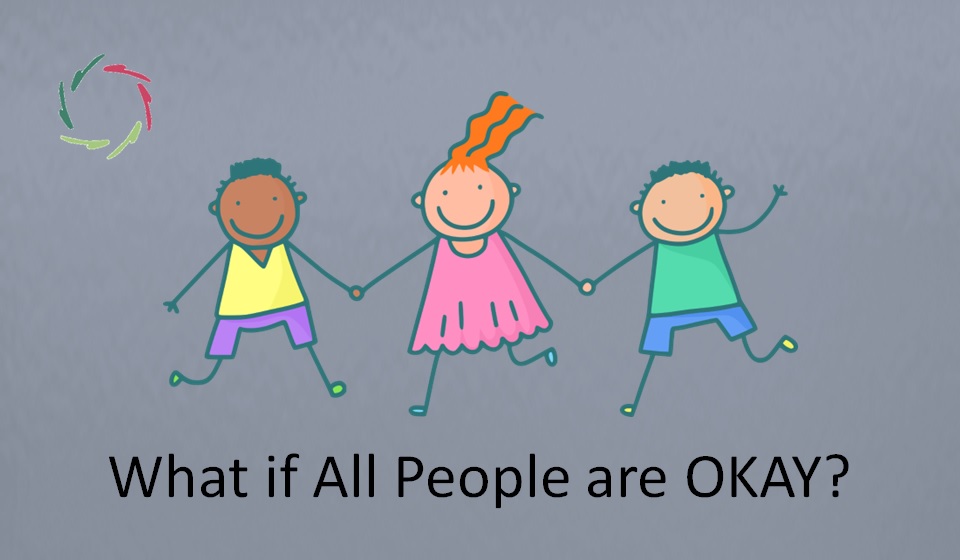The Belief in Progress

Some people believe that a profound belief in progress is necessary and even ethically mandatory. To them, one is – or at least looks like – a wrong person if one doesn’t follow.
Belief in progress may be needed to surmount societal crises ― as arguably happened in the past.
It may counter societal post-traumatic stress. It may also provide the energy to go on despite societal trauma or herald new beginnings in original ways. For instance:
- Christianity sprouting on the political, cultural, and religious wrecks of the mighty Roman Empire that was built to last forever.
- Western Enlightenment sprouting on the political and religious catastrophes of European nations.
At present, the belief in progress is, again, very welcome. With the world apparently on fire, the (near) future seems to be one of being either toast or toasted.
I acknowledge the need.
But it shouldn’t be a blind belief.
For instance, looking at the above examples, one can see new wreckages prowling from afar and from the start. In short, a blind belief in progress keeps society/humanity afloat until the next whirlpool.
Meanwhile, merely staying afloat may also not be the optimal solution, especially with so many people drowning senselessly. We can put our measuring stick much higher.
Let’s delve into the now.
We can see technological progress galore, bringing the possibility of building a Xanadu for all people on Earth ― no problem.
Meanwhile, we have a ubiquitous meaning crisis with as just some consequences: a continual increase in depression, burnout, addictions, overweight, chronic pain, political polarization, and insane armament. Last but not least, the developments of A.I. will soon put us before a double existential bottleneck while still amazingly few people are concerned about it ― and I’m talking about those professionally busy in the field.
Belief in progress isn’t enough (anymore).
The stakes were not as high in the past as they are now. This way, the past isn’t a good teacher for the present or near future.
Besides, people have never been good students of history as a teacher from the moment its lessons become more challenging for the present status quo. In my view, people are prone to change their beliefs when it’s already too late. Even so, they change as little as possible before the next catastrophic whirlpool makes them do so.
Staying comfortably numb isn’t a good raft on this river.
Therefore, I don’t like to believe in progress.
Instead, I believe in striving for progress. Whether, as a result, real progress either comes or not, isn’t even a part of this striving.
I believe in the power of excellence as the result of striving for a humane future at all levels.
I believe in Open Leadership that strives to bring this to all people.
Most of all, I believe in human growth as done individually and endlessly. While mentally growing, people encounter each other in new and profound – Compassionate – ways.
While growing, people (including nominal leaders) can make society grow on its way to Xanadu, not just for the happy few but for all.
Let’s go for it, even with an immense amount of work ahead.
Above all, let’s not be blind.


